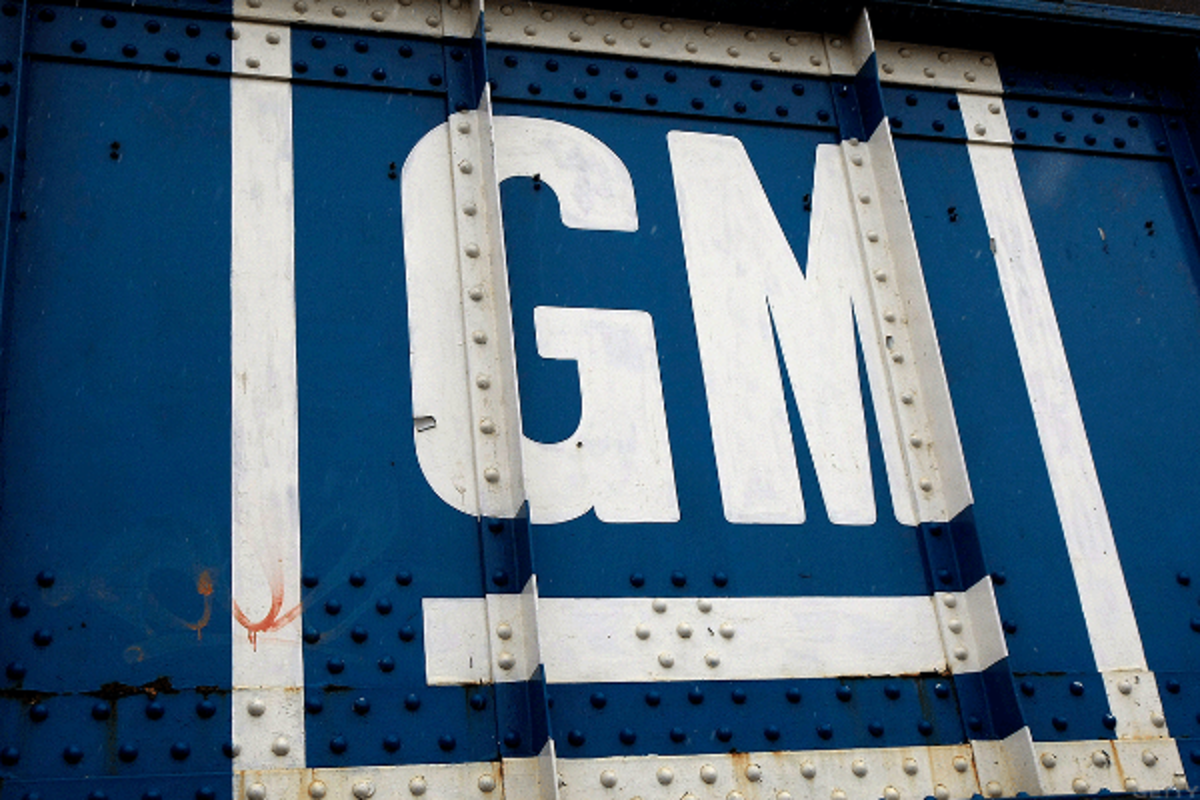- Messages
- 13,377
- Reaction score
- 13,499
- Points
- 857
- Location
- Royal, AR
- Boat Make
- Yamaha
- Year
- 2007
- Boat Model
- SX
- Boat Length
- 23
I have been considering diesel electric sailboat options and I wonder how long it will be before Yamaha begins offering electric options.
Electric boats are likely to need twice the battery capacity of electric cars to have similar range to gas powered options.
I would think that Yamaha jet drives would convert easily and the small engines combined with distributed batteries would allow for a roomier and more balanced boat.
This article shows a couple of electric boats in development. https://electrek.co/2021/11/23/this...ngineers-is-the-latest-e-watersports-startup/
Electric boats are likely to need twice the battery capacity of electric cars to have similar range to gas powered options.
I would think that Yamaha jet drives would convert easily and the small engines combined with distributed batteries would allow for a roomier and more balanced boat.
This article shows a couple of electric boats in development. https://electrek.co/2021/11/23/this...ngineers-is-the-latest-e-watersports-startup/




